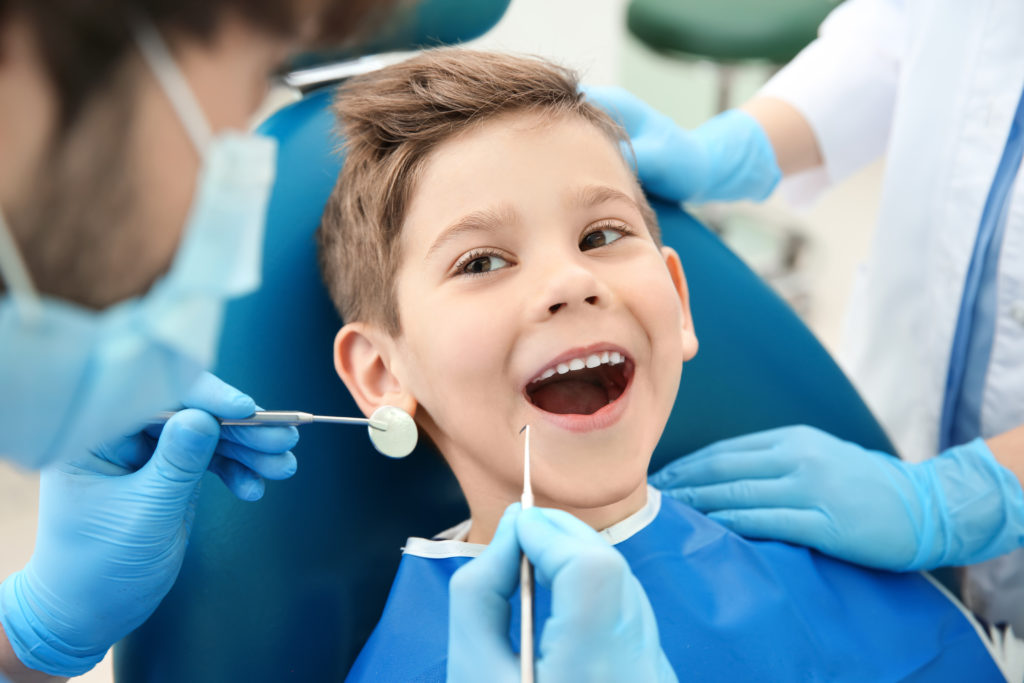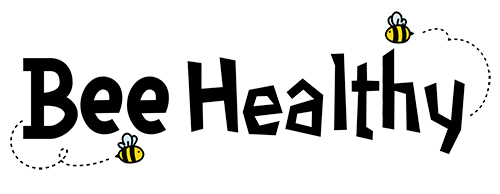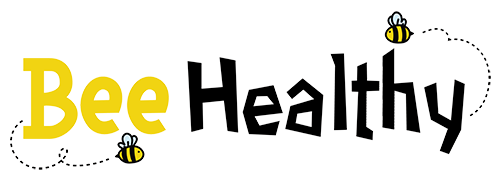
A child will have their full set of first teeth by their third birthday. A child will have around 20 teeth, compared to an adult who can have up to 32. As your child gets older their adult teeth will replace their first teeth.
An adult tooth is permanent and when gone, a new tooth does not grow in its place. It’s important to start a good oral health routine as soon as a child’s first teeth develop, not when the adult teeth emerge as some people think. Adult teeth can be affected by tooth decay of the first teeth.
Encouraging your child to look after their teeth can ensure they maintain healthy teeth when they are older.
Teeth brushing
A soft toothbrush can be used to gently brush your baby’s gums before they go to bed at night. With supervision, they could do it. When their first tooth emerges, children should brush their teeth twice a day – before bed and sometime during the day.
Under the age of 3 children can use a smear of fluoride toothpaste on their brush. Over 3 and they can use a small blob, about the size of a pea. The fluoride in toothpaste prevents tooth decay, but it is important children don’t eat or lick it as it can make them feel sick.
Supervise your child’s brushing until the age of 9 or 10. After that age, occasionally check up on them to make sure they are brushing all their teeth and doing so effectively – brushing should take at least 2 minutes. Provide a mirror so they can see their teeth as they clean them.
The first trip to the dentist
By the age of 2 a child should have visited the dentist at least once. The earlier they visit the better, because they will become familiar with the environment and get to know their dentist. Also, any underlying problems with your child’s teeth can be identified at an early stage. Make the visit to the dentist a positive, even fun, experience. Be aware of not passing on any anxieties you may have to your child, as this could present a problem for future visits.

